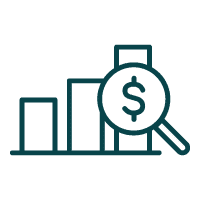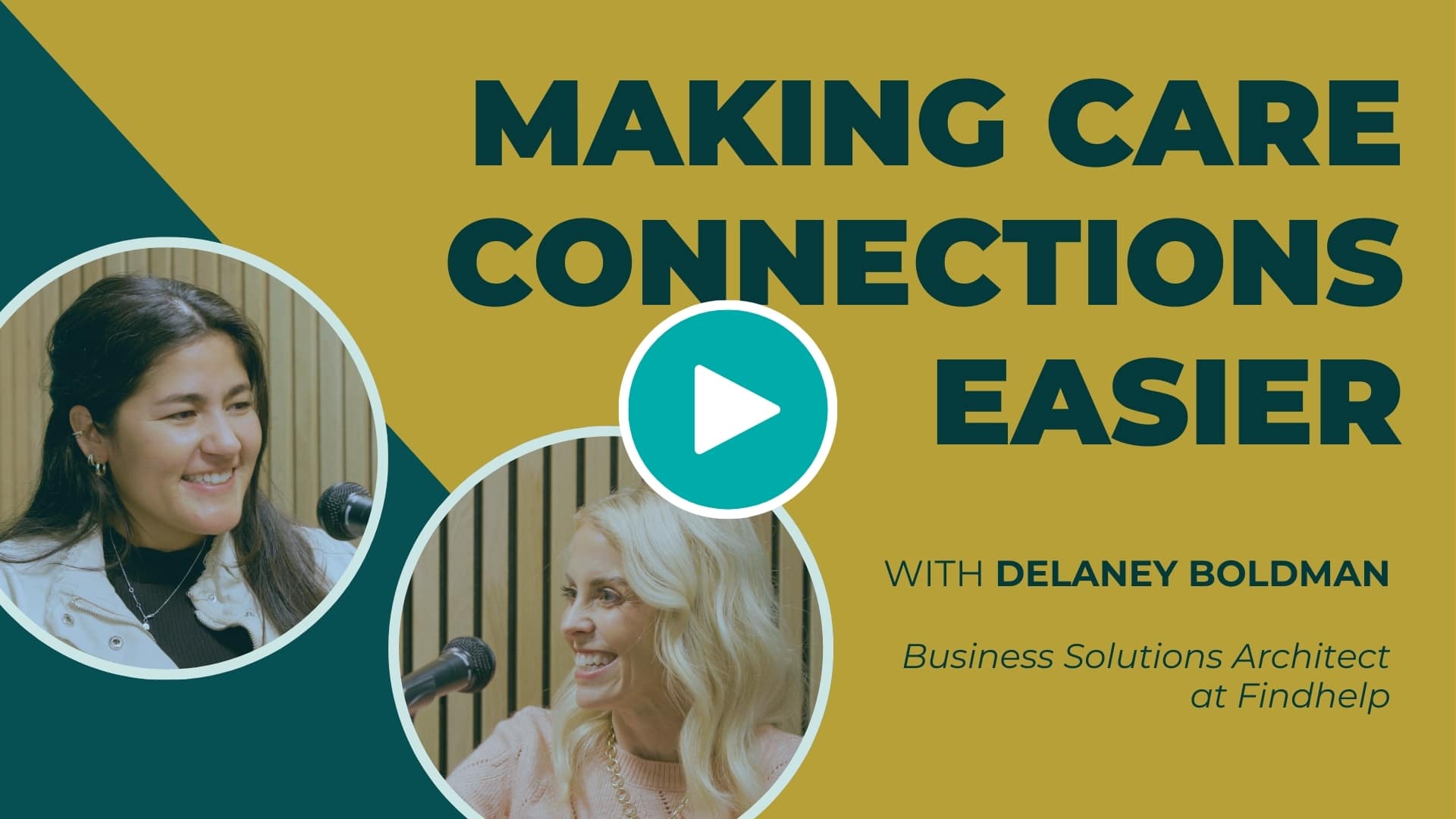Accountable Health Communities Model: from Demonstration to Policy
The Center for Medicare & Medicaid Innovation (CMMI), part of the Centers for Medicare & Medicaid Services (CMS), recently published the third and final independent evaluation of the Accountable Health Communities (AHC) Model. The evaluators found that the AHC model was beneficial to Medicare and Medicaid members and that it reduced health care expenditures and avoidable hospital use.
While the AHC model concluded in April 2023, CMS has been incorporating learnings into other CMMI models and regulations, impacting the entire healthcare continuum. In this blog, we explore the AHC findings, the policies they have impacted, and how Findhelp supports health-related social needs (HRSN) work.
About the Accountable Health Communities Model
Background and high-level findings
The AHC model engaged 28 “bridge organizations” in a five-year model that ran from 2018 to 2022, with an optional no-cost extension to 2023. They tested approaches to connect people to services using the AHC HRSN screening tool to identify unmet needs, referrals to community programs, navigation to CBO services for people meeting CMS’ high-risk criteria, and alignment between clinical and community services to address capacity and promote improvement. Model implementation resulted in more than 1 million Medicare and Medicaid members receiving an HRSN screening, 37% of whom had at least one unmet need.
Select Findings:
- 18% of people screened were eligible for navigation to CBO services; all other individuals with identified needs received a list of programs that could help them.
- 79% of eligible beneficiaries opted into navigation, and among those, 98% received navigation
- The most commonly-reported needs were food insecurity, housing instability, and transportation concerns.
- Of the individuals with HRSNs, 87% were enrolled in Medicaid or were dually eligible for Medicare and Medicaid.
Key takeaways and policy impacts
The Accountable Health Communtiies model resulted in statistically significant impacts on healthcare costs and certain quality measures. The model reduced total healthcare expenditures and reduced inpatient and emergency department (ED) admissions, and avoidable ED visits. Expenditure reductions were higher for individuals enrolled in Medicaid. Additionally, healthcare impacts were more pronounced for certain racial and ethnic subpopulations, indicating that the model may have reduced disparities in access to care, health, and healthcare outcomes.
Due to the AHC model successes, particularly the demonstrated healthcare savings, CMS has taken elements and incorporated them into recent policies. These efforts are driving widespread implementation of HRSN activities across the healthcare continuum. These include:
- Payment for HRSN assessments completed by` physicians, community health navigation, and principal illness navigation services
- Quality reporting requirements for HRSN screening in inpatient, ambulatory surgery, accountable care organizations, and other settings
- HRSN assessment requirements in post-acute settings
- HRSN screening and referral requirements in all new CMMI models
- Section 1115 waiver demonstrations that invest in CBOs and pay for HRSN services. Learnings from these waivers also continue to inform policy
In 2023, the Federal Office of Science and Technology Policy published the Social Determinants of Health Playbook. The publication details federal programs, including the AHC model, that were intended to address HRSN and improve health equity. In conjunction with the Playbook, CMS released a framework to guide Medicaid coverage for HRSN services.
How Findhelp supported Camden Coalition’s AHC Model implementation
A multidisciplinary, community-based nonprofit based in New Jersey, the Camden Coalition started partnering with Findhelp in 2015. Camden develops and tests care management models and redesigns systems in partnership with consumers, community members, health systems, community-based organizations, government agencies, payers, and more. Their goal is to achieve person-centered, equitable care.
As one of New Jersey’s four Regional Health Hubs, Camden works with regional partners, New Jersey’s Medicaid office, and other state agencies to expand data-sharing and collaboration for seamless, whole-person care.

From 2018 to 2022, we supported the Camden Coalition in their Accountable Health Communities implementation. Findhelp embedded the AHC HRSN screening tool into their platform, worked closely with Camden Coalition staff to build navigation workflows, configured My Resource Pal (Camden’s branded, publicly-available Findhelp platform), and supported the required reporting to CMS.
Successfully addressing HRSNs
During the six years of their Accountable Health Communities implementation with Findhelp, Camden achieved impressive results:
- 30,453 patients assessed using the AHC HRSN screener
- 19,254 referrals made to community organizations
- 7,202 beneficiaries received navigation services (25% of all patients screened)
- ED visit rate was significantly lower for intervention group compared to the control group in the first three quarters after screening
The Camden Coalition continues to partner with Findhelp to experiment with innovative approaches to address patients’ social needs.
Looking beyond the AHC Model
As health systems, health plans, government agencies, and other organizations have recognized the value of seamlessly connecting people to resources, Findhelp’s customer base has grown significantly. As of December 2024, we partner with more than 450 healthcare customers, from multi-state health systems and national payers to local federally qualified health centers (FQHCs).
To aid our customers as they incorporate emerging policy requirements, Findhelp has continued developing features and workflows that support a broad health equity strategy. With our configurable platform, our customers can:
- Use embedded screening tools of their choice, and map those screenings to standardized codes for data aggregation and quality reporting
- Integrate Findhelp with their EHR to save staff time and effort, while incorporating social care information into the patient record
- Form Trusted Networks and Coalitions to reliably increase closed-loop referral rates
- Manage and track payments to CBOs for HRSN services
Additionally, Findhelp’s policy team closely monitors regulatory developments that impact provider and payer SDoH and health equity strategies. These insights also help our community-based organization (CBO) network understand partnership opportunities and value propositions for the healthcare providers in their communities.
Learn more about our healthcare solutions
Connect with us to learn more about our features that help you succeed in your health equity and SDoH strategies.











